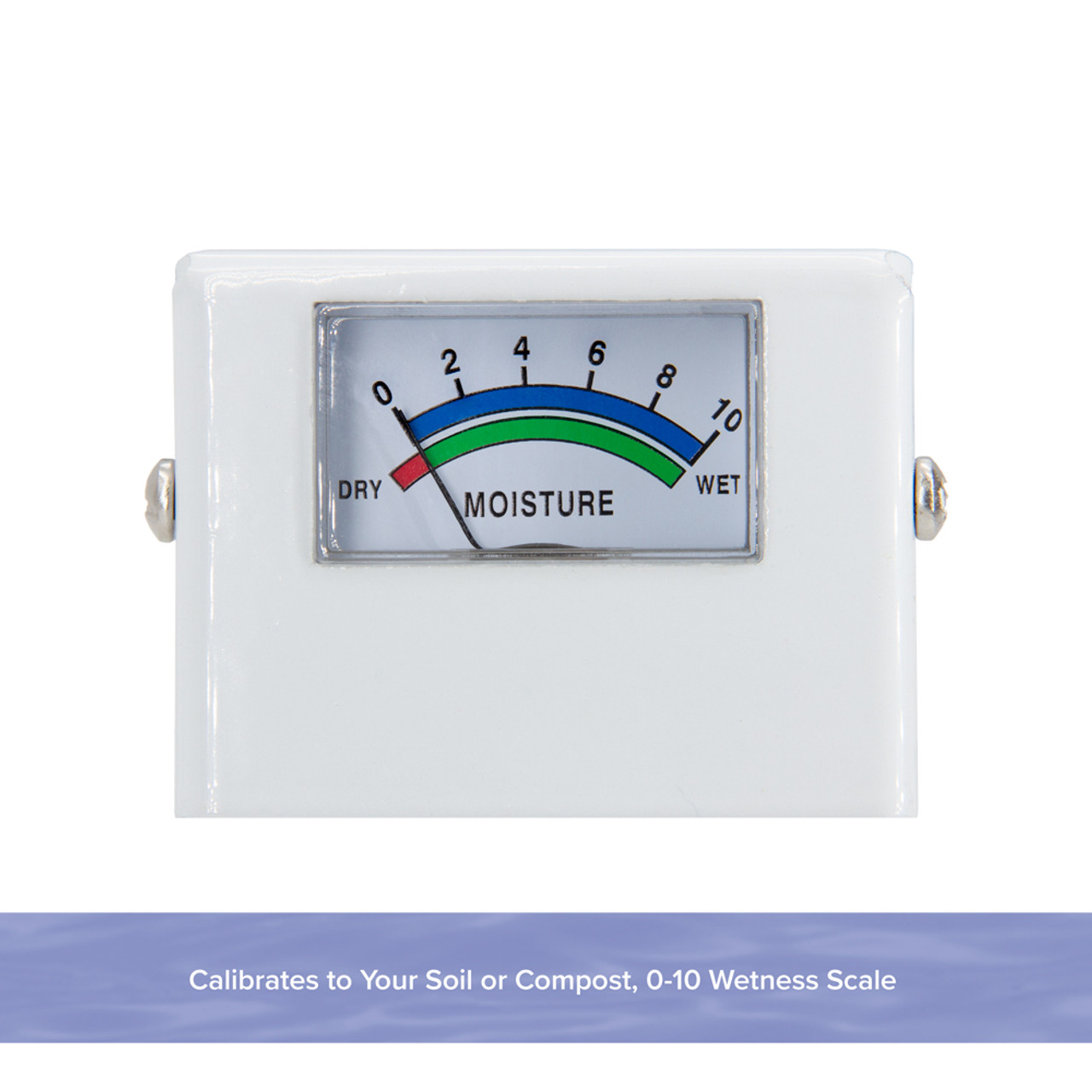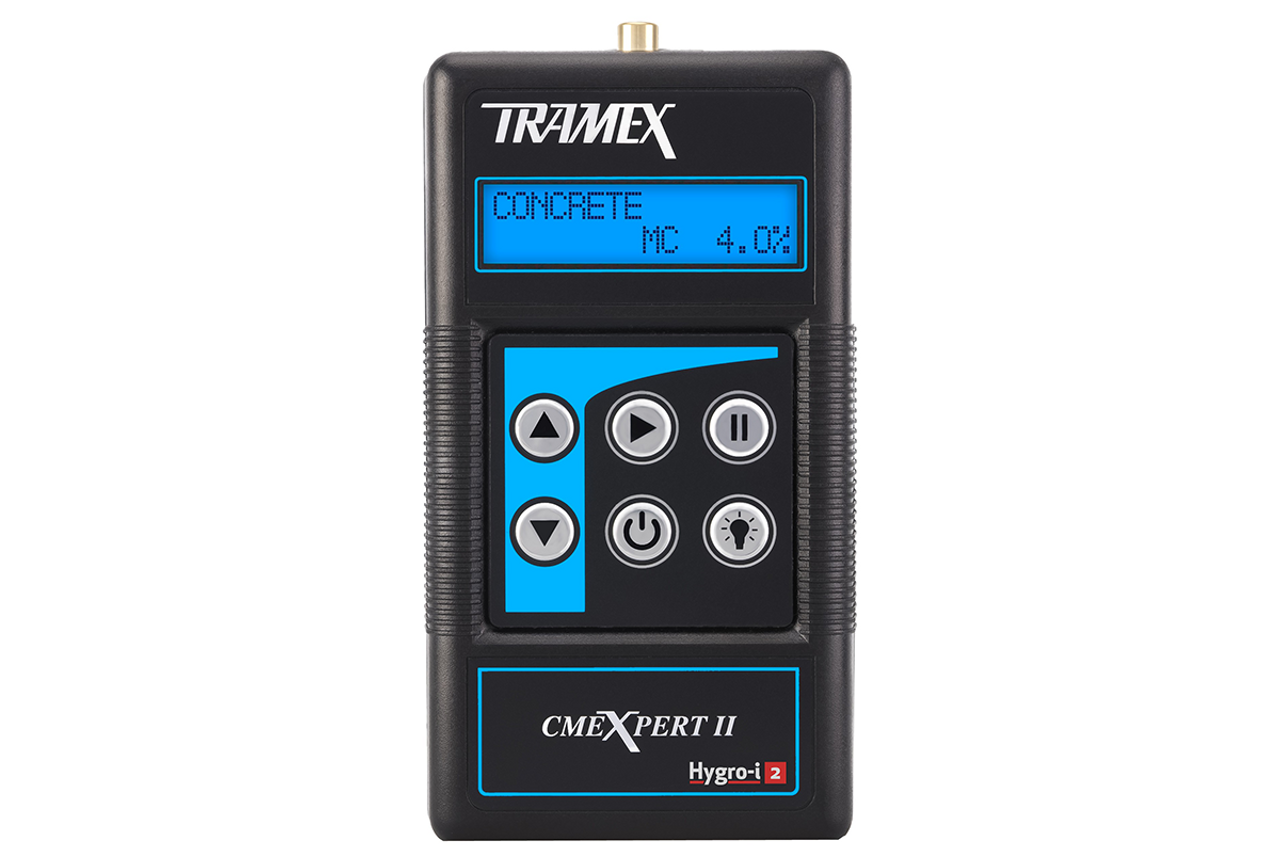Moisture Meter Reviews: Contrasting the very best Models for Specialist and Do It Yourself Use
Moisture Meter Reviews: Contrasting the very best Models for Specialist and Do It Yourself Use
Blog Article
The Ultimate Overview to Wetness Meters: A Comprehensive Overview and Exactly How They Can Conserve You Cash
Dampness meters offer as indispensable tools in spotting and checking moisture web content in materials, helping in preventing expensive damages and ensuring the high quality of products. Understanding the nuances of various types of wetness meters, their applications, and the prospective cost-saving advantages they provide can be a game-changer for businesses and professionals alike.
Types of Moisture Meters
One common kind is the pin-type moisture meter, which measures the electrical resistance in between 2 pins put right into a product. Pinless moisture meters, on the various other hand, use electro-magnetic sensing unit plates to check a bigger area without creating damages to the product's surface.

Infrared dampness meters determine the thermal residential or commercial properties of a product to establish its wetness web content non-invasively, making them valuable for applications where pin or pinless meters may not be ideal. Understanding the different types of wetness meters available can help industries pick the most ideal tool for their particular moisture measurement requirements.

Advantages of Using Dampness Meters
Moisture meters use invaluable benefits in properly keeping track of and assessing dampness degrees in varied materials and environments. One of the key benefits of making use of dampness meters is the prevention of prospective damages created by excess wetness.
Moreover, making use of wetness meters can lead to increased power efficiency. In agricultural settings, wetness meters play a crucial role in optimizing crop yields by allowing farmers to monitor dirt moisture degrees and make educated watering choices.
Just How to Pick the Right Moisture Meter
Selecting the appropriate wetness meter includes thinking about key factors such as product compatibility, measurement array, and calibration precision. When choosing a dampness meter, it's vital to guarantee that the meter is appropriate for the particular product you will be testing. Various materials have differing electric residential or commercial properties that can affect wetness readings, so selecting a meter designed for your material is critical for accurate results. Furthermore, consider the measurement series of the dampness meter. Ensure that the meter can identify dampness degrees within the array required for your applications. Calibration precision is another essential element to remember. Go with a wetness meter with reliable calibration to make certain specific and regular analyses. Some meters may need routine calibration changes, so comprehending the calibration procedure is essential. By carefully assessing these factors, you can choose a wetness meter that satisfies your demands and supplies exact dampness measurements for visit this site your jobs.
Correct Strategies for Wetness Meter Use

Cost Cost Savings Via Wetness Meter Applications
How can the strategic application of wetness meters lead to substantial price savings throughout various industries? Moisture meters play a vital function in cost savings by stopping prospective damages and making certain quality assurance in their explanation different markets. In the farming industry, dampness meters aid in determining the optimal time for gathering plants, stopping over-drying or excess wetness that can impact the last product's quality. This accurate tracking helps farmers avoid unneeded losses and maximize their return.
In a similar way, in construction, moisture meters assist prevent costly problems by spotting dampness degrees in structure products, such as timber or concrete, which can bring about architectural concerns otherwise attended to quickly. By determining problem locations beforehand, professionals can take corrective procedures to stay clear of substantial repair work or replacements, ultimately saving money and time.
Additionally, Get More Info in the food processing sector, moisture meters are necessary for keeping track of item quality and making sure conformity with safety policies. By accurately gauging moisture material in food, manufacturers can protect against wasting, preserve freshness, and decrease waste, resulting in significant price financial savings. Generally, the critical application of moisture meters is a useful financial investment that can result in considerable expense decreases and boosted efficiency throughout various industries.
Conclusion
In verdict, dampness meters are important tools for determining and finding wetness degrees in different products. By utilizing the best moisture meter and complying with appropriate strategies, users can properly avoid costly problems triggered by excess wetness. Investing in a high quality dampness meter can lead to significant cost savings in the future by recognizing potential concerns early and allowing timely remediation. Inevitably, wetness meters are vital instruments for preserving the stability and long life of frameworks and materials.
Dampness meters serve as crucial tools in detecting and keeping track of moisture content in materials, aiding in preventing pricey problems and ensuring the quality of items. Infrared wetness meters determine the thermal residential or commercial properties of a material to identify its moisture web content non-invasively, making them useful for applications where pin or pinless meters may not be appropriate.Moisture meters supply vital advantages in properly assessing and keeping track of dampness degrees in diverse products and settings. In agricultural settings, dampness meters play an essential duty in maximizing crop yields by enabling farmers to keep an eye on soil moisture levels and make notified watering decisions.In final thought, dampness meters are beneficial tools for determining and detecting wetness levels in various products.
Report this page